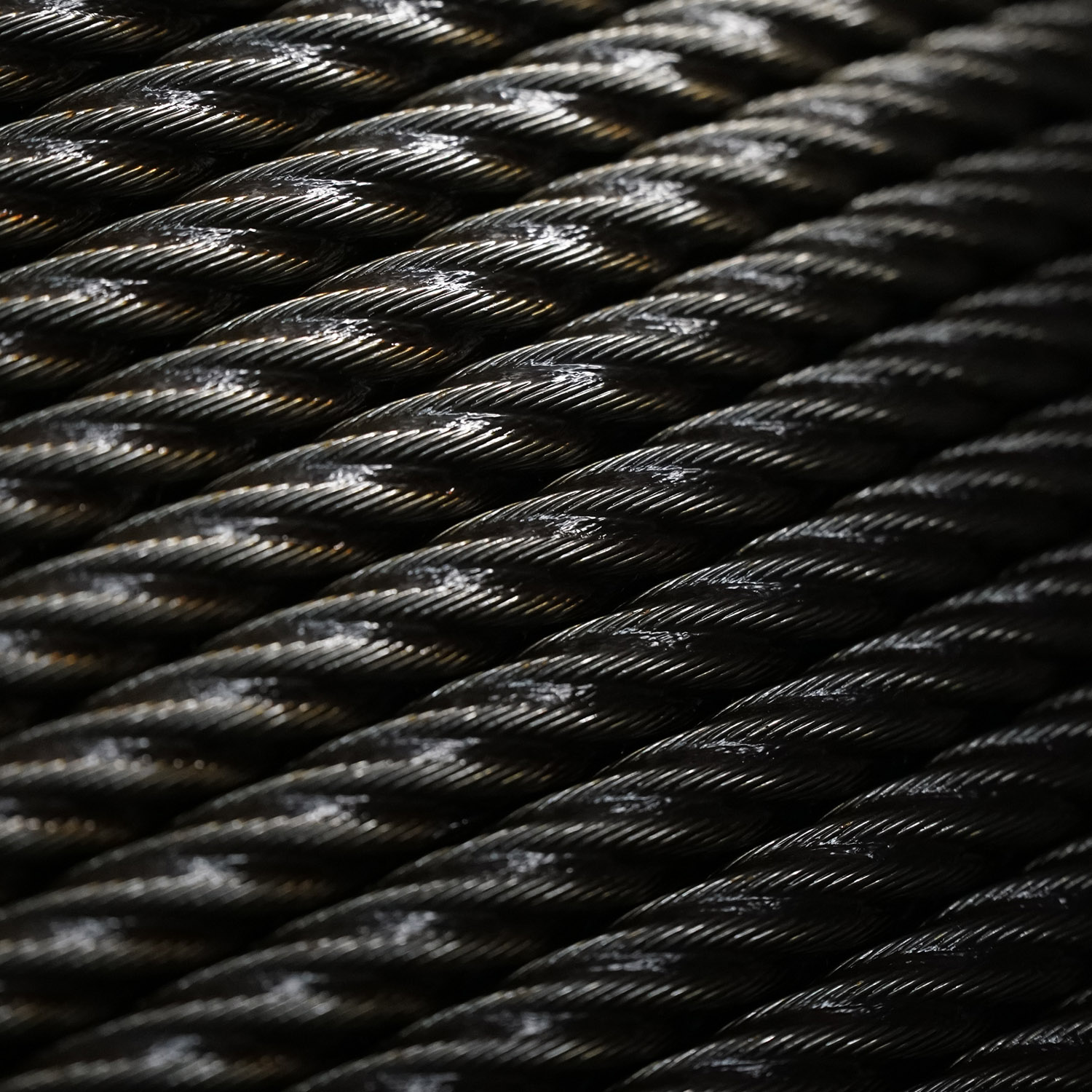Table of Contents
Advantages of Using 3mm Steel Cable for Outdoor Projects
When it comes to outdoor projects that require durability and strength, using the right materials is crucial. One material that has gained popularity for its reliability and versatility is 3mm steel cable. This type of cable is known for its strength and durability, making it an ideal choice for a wide range of outdoor applications.
One of the main advantages of using 3mm steel cable for outdoor projects is its strength. Steel is one of the strongest materials available, and 3mm steel cable is no exception. This cable can withstand heavy loads and harsh weather conditions, making it perfect for projects that require a high level of durability. Whether you are building a suspension bridge or a zip line, 3mm steel cable can provide the strength and support needed to ensure the project’s success.
In addition to its strength, 3mm steel cable is also highly resistant to corrosion. This is especially important for outdoor projects, as exposure to moisture and other elements can cause other materials to deteriorate over time. Steel is naturally resistant to rust and corrosion, making it a reliable choice for outdoor applications. By using 3mm steel cable, you can ensure that your project will remain strong and secure for years to come, even in the harshest of conditions.
Another advantage of using 3mm steel cable for outdoor projects is its versatility. Steel cable can be easily customized to fit a wide range of project requirements, making it a flexible and adaptable choice for various applications. Whether you need a cable with a specific length, thickness, or configuration, 3mm steel cable can be tailored to meet your needs. This versatility makes it a popular choice for a wide range of outdoor projects, from construction and landscaping to recreational activities and more.
Furthermore, 3mm steel cable is easy to install and maintain, making it a cost-effective choice for outdoor projects. Unlike other materials that may require frequent maintenance or replacement, steel cable is durable and long-lasting, reducing the need for ongoing upkeep. This can save both time and money in the long run, making 3mm steel cable a practical choice for outdoor projects with budget constraints.

In conclusion, 3mm steel cable offers a range of advantages for outdoor projects. Its strength, resistance to corrosion, versatility, and cost-effectiveness make it an ideal choice for a wide range of applications. Whether you are building a structure, securing equipment, or creating a recreational feature, 3mm steel cable can provide the durability and reliability needed to ensure the project’s success. Consider using 3mm steel cable for your next outdoor project and experience the benefits firsthand.
How to Properly Maintain and Care for 3mm Steel Cable in Marine Environments
Steel cables are a crucial component in many marine environments, providing strength and durability for various applications such as mooring lines, towing lines, and rigging. One common size of steel cable used in marine settings is the 3mm steel cable. Proper maintenance and care of this cable are essential to ensure its longevity and effectiveness in marine operations.
One of the key factors in maintaining 3mm steel cable in marine environments is regular inspection. Inspecting the cable for signs of wear, corrosion, or damage is crucial to prevent potential failures that could Lead to accidents or equipment damage. Inspections should be conducted on a regular basis, ideally before and after each use, to identify any issues early on and address them promptly.
When inspecting 3mm steel cable, it is important to look for any signs of rust or corrosion. Marine environments are particularly harsh on steel cables due to the presence of saltwater, which can accelerate the corrosion process. Any signs of rust or corrosion should be addressed immediately to prevent further deterioration of the cable.
In addition to rust and corrosion, it is also important to check for any kinks, bends, or fraying in the cable. These can weaken the cable and compromise its strength, making it more susceptible to failure. If any of these issues are found during inspection, the cable should be replaced or repaired as soon as possible to ensure safe operation.
Another important aspect of maintaining 3mm steel cable in marine environments is proper storage. When not in use, the cable should be stored in a dry, well-ventilated area to prevent moisture buildup and corrosion. It is also recommended to coil the cable neatly and avoid any sharp bends or kinks that could cause damage.
In addition to regular inspections and proper storage, it is also important to clean 3mm steel cable regularly to remove any dirt, debris, or Salt buildup. This can be done using a mild detergent and water, followed by thorough rinsing and drying. Avoid using harsh Chemicals or abrasive materials that could damage the cable.
Proper lubrication is another key aspect of maintaining 3mm steel cable in marine environments. Lubricating the cable regularly can help prevent rust and corrosion, as well as reduce friction and wear on the cable. There are various types of lubricants available for steel cables, so be sure to use one that is suitable for marine applications.
In conclusion, proper maintenance and care of 3mm steel cable in marine environments are essential to ensure its longevity and effectiveness. Regular inspections, proper storage, cleaning, lubrication, and prompt repairs are all important aspects of maintaining steel cable in marine settings. By following these guidelines, you can help prolong the life of your 3mm steel cable and ensure safe and reliable operation in marine operations.

